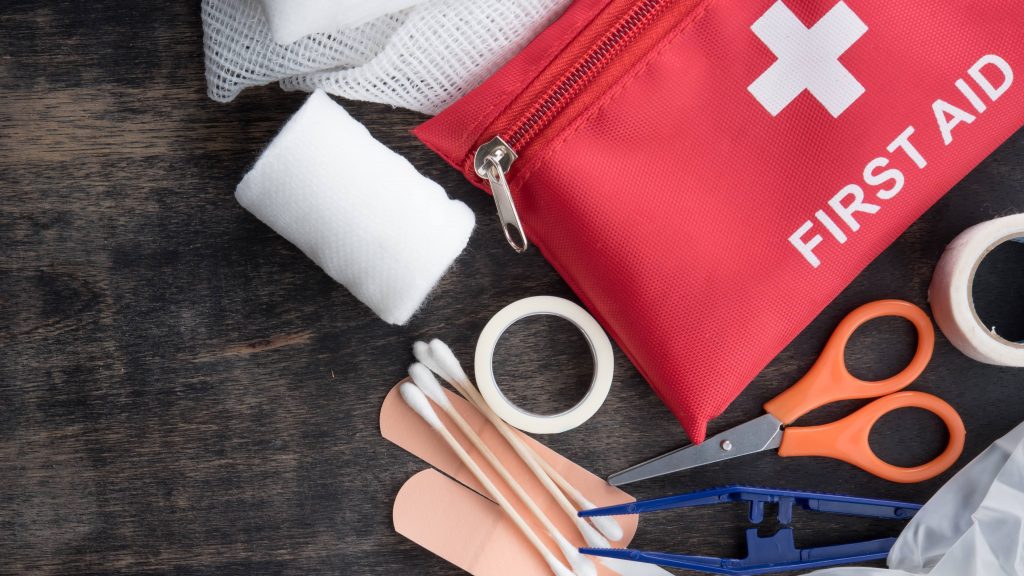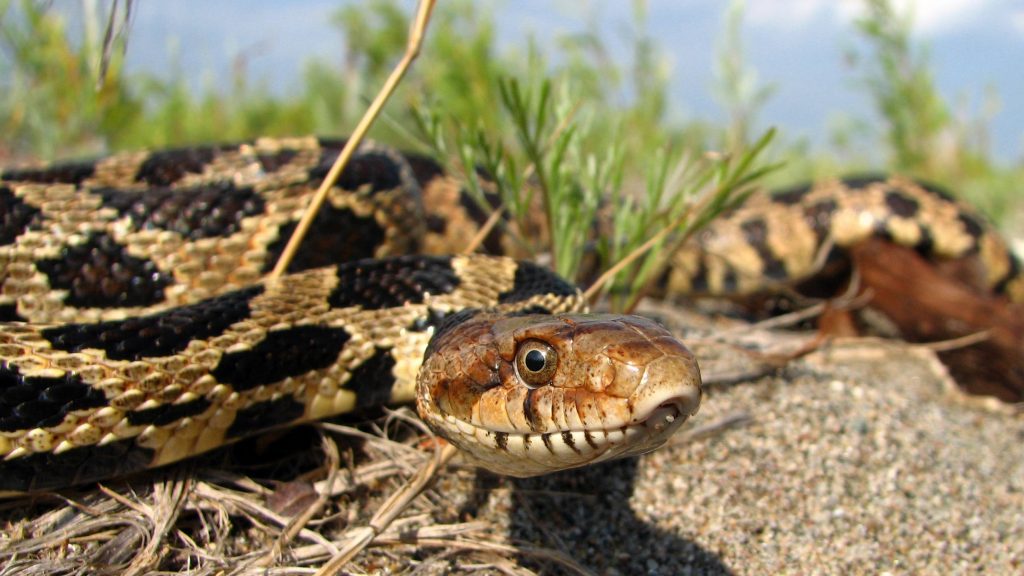-
First aid for snakebites

If a snake bites you, call 911 or your local emergency number immediately, then take these first-aid steps.
Most snakes aren't dangerous to humans. Only about 15% worldwide and 20% in the United States are venomous. In North America, these include the rattlesnake, coral snake, water moccasin and copperhead. Their bites can cause severe injuries and sometimes death.
If a venomous snake bites you, call 911 or your local emergency number immediately, especially if the bitten area changes color, begins to swell or is painful. Many emergency rooms stock antivenom drugs, which may help you.
If possible, take these steps while waiting for medical help:
- Move beyond the snake's striking distance.
- Remain still and calm to help slow the spread of venom.
- Remove jewelry and tight clothing before you start to swell.
- Position yourself, if possible, so that the bite is at or below the level of your heart.
- Clean the wound with soap and water. Cover it with a clean, dry dressing.
Caution
- Don't use a tourniquet or apply ice.
- Don't cut the wound or attempt to remove the venom.
- Don't drink caffeine or alcohol, which could speed your body's absorption of venom.
- Don't try to capture the snake. Try to remember its color and shape so that you can describe it, which will help in your treatment. If you have a smartphone with you and it won't delay your getting help, take a picture of the snake from a safe distance to help with identification.
Mayo Clinic Minute: Rattlesnakes, scorpions and other desert dangers
Journalists: Broadcast-quality video pkg (1:00) is in the downloads at the end of the post. Please "Courtesy: Mayo Clinic News Network."
Read the script.
Symptoms
Most snakebites occur on the extremities. Typical symptoms of the bite from a nonvenomous snake are pain and scratches at the site.
Usually, after a bite from a venomous snake, there is severe burning pain at the site within 15 to 30 minutes. This can progress to swelling and bruising at the wound and all the way up the arm or leg. Other signs and symptoms include nausea, labored breathing and a general sense of weakness, as well as an odd taste in the mouth.
Some snakes, such as coral snakes, have toxins that cause neurological symptoms, such as skin tingling, difficulty speaking and weakness.
Sometimes, a venomous snake can bite without injecting venom. The result of these "dry bites" is irritation at the site.

Venomous snakes in North America
Most venomous snakes in North America have eyes like slits and are known as pit vipers. Their heads are triangular and they have fangs. One exception is the coral snake, which has a rounded head and round pupils. Nonvenomous snakes typically have rounded heads, round pupils and no fangs.
This article is written by Mayo Clinic Staff. Find more health and medical information on mayoclinic.org.







